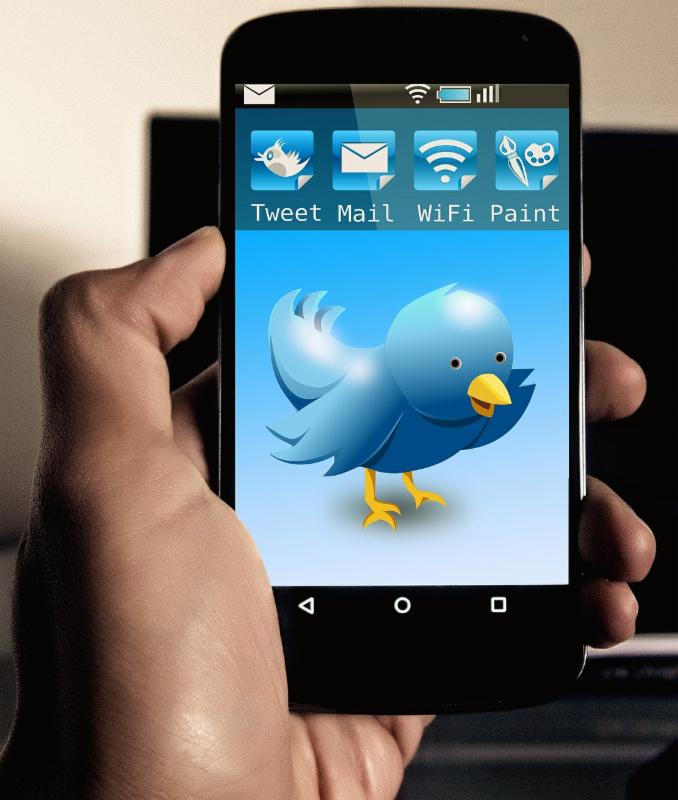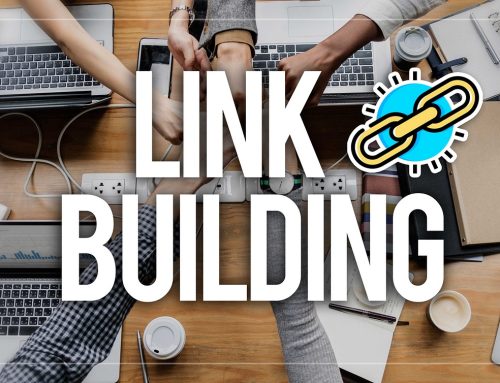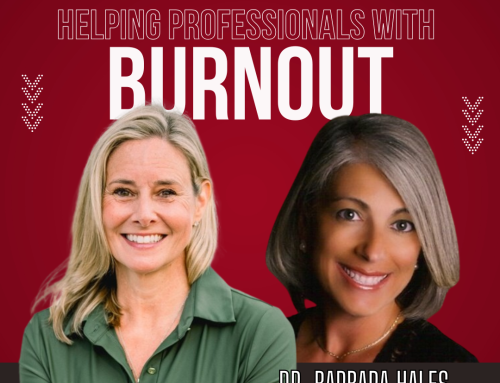Check out this interesting article contributed by Dr. Larry F. Chu at: J Med Internet Res 2017;19(8):e280

Patient Participation at Health Care Conferences: Engaged Patients Increase Information Flow, Expand Propagation, and Deepen Engagement in the Conversation of Tweets Compared to Physicians or Researchers
Contributors include:
ABSTRACT
Background: Health care conferences present a unique opportunity to network, spark innovation, and disseminate novel information to a large audience, but the dissemination of information typically stays within very specific networks. Social network analysis can be adopted to understand the flow of information between virtual social communities and the role of patients within the network.
Objective: The purpose of this study is to examine the impact engaged patients bring to health care conference social media information flow and how they expand dissemination and distribution of tweets compared to other health care conference stakeholders such as physicians and researchers.
Methods: From January 2014 through December 2016, 7,644,549 tweets were analyzed from 1672 health care conferences with at least 1000 tweets who had registered in Symplur’s Health Care Hashtag Project from 2014 to 2016. The tweet content was analyzed to create a list of the top 100 influencers by mention from each conference, who were then subsequently categorized by stakeholder group. Multivariate linear regression models were created using stepwise function building to identify factors explaining variability as predictor variables for the model in which conference tweets were taken as the dependent variable.
Results: Inclusion of engaged patients in health care conference social media was low compared to that of physicians and has not significantly changed over the last 3 years. When engaged patient voices are included in health care conferences, they greatly increase information flow as measured by total tweet volume (beta=301.6) compared to physicians (beta=137.3, P<.001), expand propagation of information tweeted during a conference as measured by social media impressions created (beta=1,700,000) compared to physicians (beta=270,000, P<.001), and deepen engagement in the tweet conversation as measured by replies to their tweets (beta=24.4) compared to physicians (beta=5.5, P<.001). Social network analysis of hubs and authorities revealed that patients had statistically significant higher hub scores (mean 8.26×10-4, SD 2.96×10-4) compared to other stakeholder groups’ Twitter accounts (mean 7.19×10-4, SD 3.81×10-4; t273.84=4.302, P<.001).

Conclusions: Although engaged patients are powerful accelerators of information flow, expanders of tweet propagation, and greatly deepen engagement in conversation of tweets on social media of health care conferences compared to physicians, they represent only 1.4% of the stakeholder mix of the top 100 influencers in the conversation. Health care conferences that fail to engage patients in their proceedings may risk limiting their engagement with the public, disseminating scientific information to a narrow community and slowing flow of information across social media channels.
_____________________
This confirms what I have believed for a long time. If you want compliant patients and improved results, you have to engage patients and educate them as to their options as well as why the options are suggested.
Portals are still not available at many physician online sites but patients are looking to participate by logging onto them for the various applications within the portals.
As time progresses, social media sites, chat rooms and forums are used more widely to obtain solutions to health issues and to discuss various aspects of health in general.
Patients want to be empowered and engaged. Evidence of this is the study showing 8 out of 10 patients don’t make appointments with a physician nowadays until after checking that doctor out online.
If you are not yet participating online and have a good website, I strongly suggest that the time is now!
Need help? Give a shout at 561-325-9664. Speak to you then!



